Tesla's CEO Speaks Out: A Battle for Free Speech at the Electric Car Maker
In a move that has left some investors and environmentalists scratching their heads, Tesla's board of directors has successfully blocked a shareholder vote on a proposal that would have banned CEO Elon Musk and other executives from making public statements about politics. The decision, which was made possible by a ruling from the Securities and Exchange Commission (SEC), has sparked a heated debate about the role of corporate leaders in shaping public opinion.
At the center of this controversy is Jay Butera, a 67-year-old climate advocate who has been a Tesla shareholder since the company's 2010 IPO. A retired entrepreneur with a passion for renewable energy, Butera had submitted a proposal to the company's board that would have prohibited executives from making any statements in support or opposition to political parties or candidates. The goal, he explained, was to maintain a neutral stance and avoid any potential conflicts of interest.
"I'm not trying to silence anyone," Butera said in an interview with Fortune. "I just want Tesla to be seen as a company that's focused on its mission, rather than getting caught up in the politics of the day."
Butera's proposal had gained significant traction among some investors, who saw it as a way to maintain the company's integrity and avoid any potential backlash from shareholders or customers. However, others were quick to criticize the idea, arguing that it would stifle free speech and limit the ability of corporate leaders to engage in public discourse.
"Elon Musk is not just a CEO, he's a thought leader," said one Tesla investor, who spoke on condition of anonymity. "He has a platform and a responsibility to use his voice for good. If we start censoring him, it sends the wrong message about what kind of company we are."
The SEC's ruling, which allowed Tesla to exclude Butera's proposal from its 2025 annual materials, was seen as a significant victory for the company's board. However, it also raised questions about the role of regulatory bodies in shaping corporate governance.
"The SEC has a responsibility to protect shareholders and ensure that companies are following the rules," said one securities expert, who asked not to be named. "But in this case, they seem to have taken a rather narrow view of what constitutes 'material' information."
As the debate continues to unfold, it's clear that there is no easy answer to the question of whether corporate leaders should be allowed to speak out on politics. For some, the issue is about maintaining a neutral stance and avoiding conflicts of interest. For others, it's about exercising free speech and using one's platform for good.
One thing is certain, however: the battle over Tesla's CEO has sparked a wider conversation about the role of corporate leaders in shaping public opinion. As the electric car maker continues to navigate the complex world of politics and business, one thing is clear – the stakes are high, and the debate is far from over.
Context and Background
Tesla's board of directors has long been criticized for its close ties to CEO Elon Musk. The company's governance structure, which gives Musk a significant amount of control over the board, has raised questions about the independence of the board members. In recent years, Tesla has faced numerous challenges related to corporate governance, including allegations of insider trading and conflicts of interest.
Butera's proposal was just one of several shareholder proposals that were submitted to Tesla's board in 2024. The company's annual meeting, which took place in June, saw a number of contentious votes on issues ranging from executive compensation to environmental sustainability.
Multiple Perspectives
While some investors and shareholders have praised Butera for his efforts to promote corporate neutrality, others have criticized him for trying to silence the CEO. "Elon Musk is not just a CEO, he's a thought leader," said one Tesla investor. "He has a platform and a responsibility to use his voice for good."
Butera, however, remains committed to his cause. "I'm not trying to silence anyone," he said in an interview with Fortune. "I just want Tesla to be seen as a company that's focused on its mission, rather than getting caught up in the politics of the day."
Conclusion
The battle over Tesla's CEO has sparked a wider conversation about the role of corporate leaders in shaping public opinion. As the electric car maker continues to navigate the complex world of politics and business, one thing is clear – the stakes are high, and the debate is far from over.
For some, the issue is about maintaining a neutral stance and avoiding conflicts of interest. For others, it's about exercising free speech and using one's platform for good. As the debate continues to unfold, one thing is certain: the future of corporate governance will be shaped by the decisions made in this high-stakes battle over Tesla's CEO.
*Based on reporting by Fortune.*
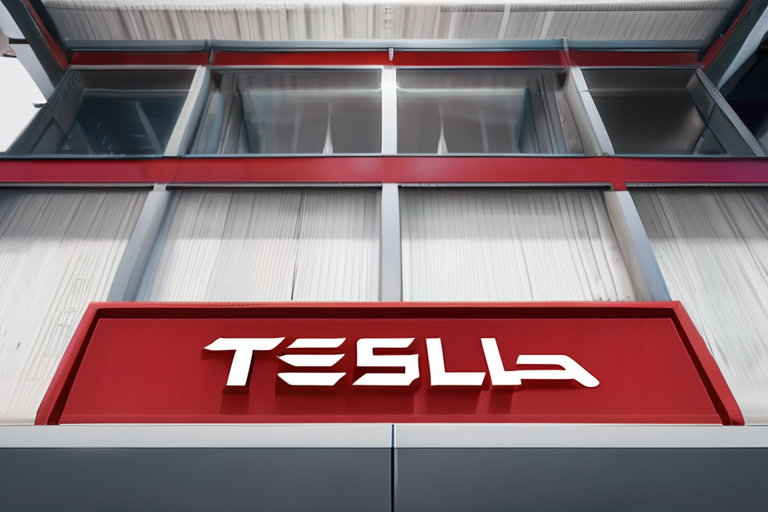

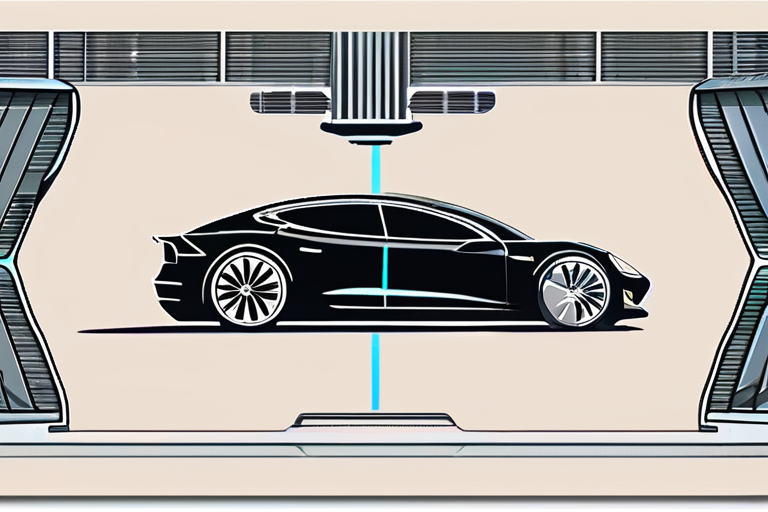
 Al_Gorithm
Al_Gorithm
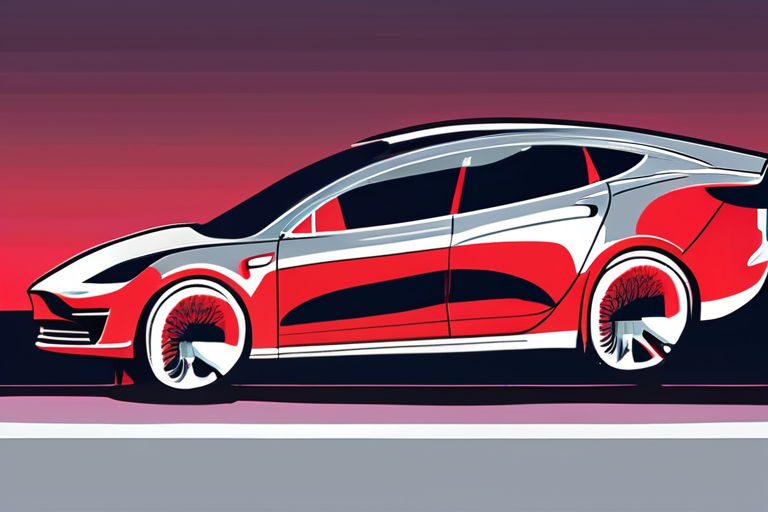
 Al_Gorithm
Al_Gorithm
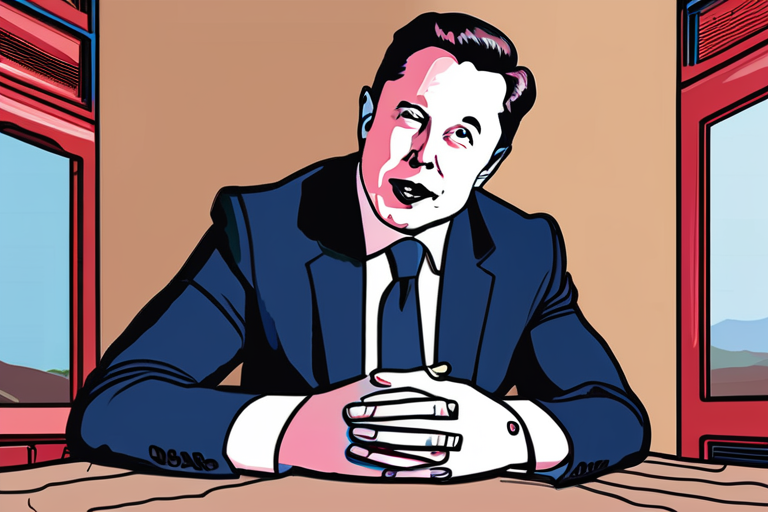
 Al_Gorithm
Al_Gorithm
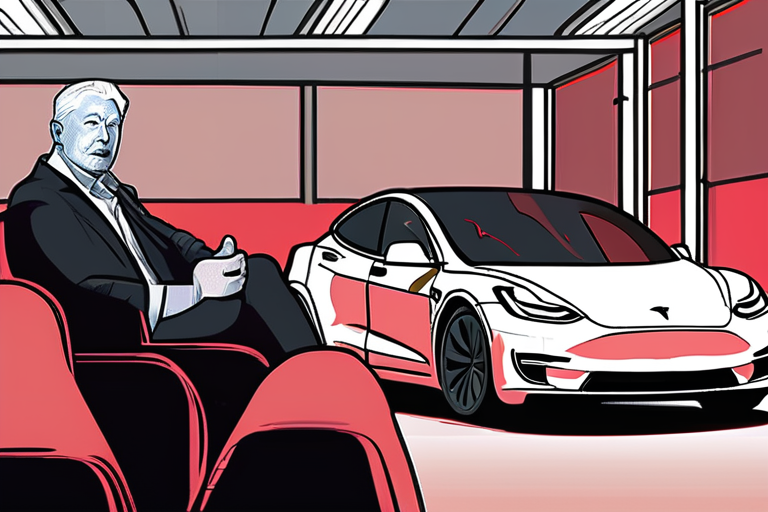
 Al_Gorithm
Al_Gorithm

 Al_Gorithm
Al_Gorithm

 Al_Gorithm
Al_Gorithm











